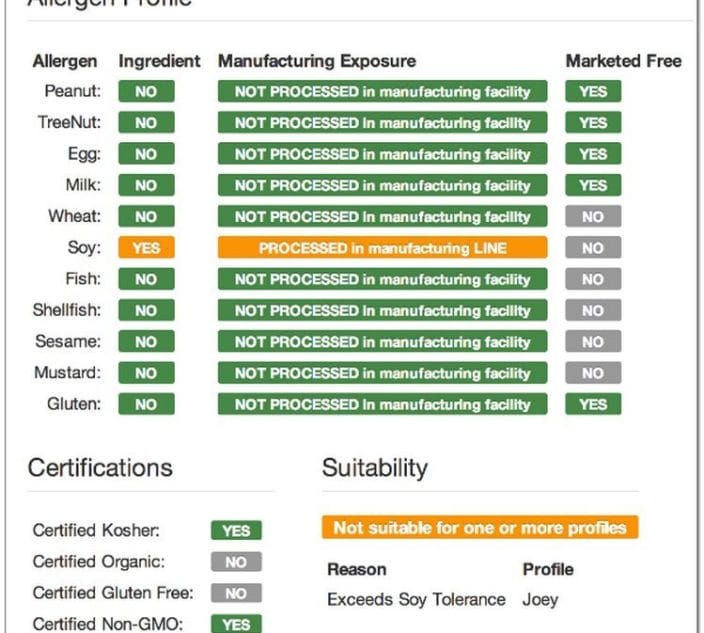Early skin exposure to peanuts appears to be a key link in understanding how some infants first become sensitized to peanut and become allergic to the food – even before they’ve eaten it, finds a study led by researchers from Mount Sinai’s school of medicine in New York.
With food allergy, the immune system needs an exposure to an allergen, such as peanut, to begin making IgE antibodies against it and to become primed to be allergic. One of the puzzling issues with the development of food allergies has been why some young children have allergic reactions the first time they eat peanut (often as peanut butter). The question has been: where was the previous exposure that started the IgE production rolling?
There have been studies that link the early peanut sensitization process to exposures in mother’s breast milk or through household dust, but this new study involving mice adds an important element – how the skin “sees” peanut.
“The peanut protein responsible for most allergic reactions in humans is seen as foreign or dangerous by the immune system of the skin,” explains Cecilia Berin, an associate professor of pediatrics at the Icahn School of Medicine at Mount Sinai.
In the mouse experiments, the researchers first applied peanut protein extract on the skin of mice. When they tried this process a second time, they found the mice were sensitized to the potent proteins, and the animals began to have full-body anaphylactic reactions.
“This research helps us to understand why peanut, out of the many foods in our diet, is such a common cause of food allergy,” said Berin. “If we identify how the immune system recognizes peanut as a danger, we may eventually learn how to block that pathway and prevent the food allergy altogether.”
In another set of sensitized mice, Berin and colleagues were able to block the immune pathways before they were re-exposed to peanut. Those mice did not go on to develop peanut allergy. “Our next step will be to confirm this in humans,” she says.
The study, published in the Journal of Clinical Investigation, also involved researchers from the Jaffe Food Allergy Institute, The Mindich Child Health and Development Institute, Immunology Institute, and Tisch Cancer Institute at The Mount Sinai Hospital.





